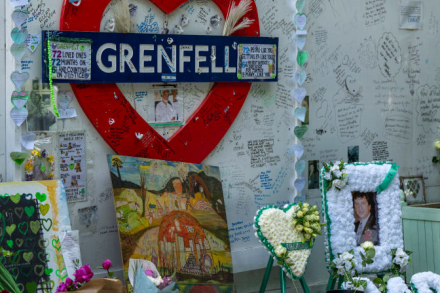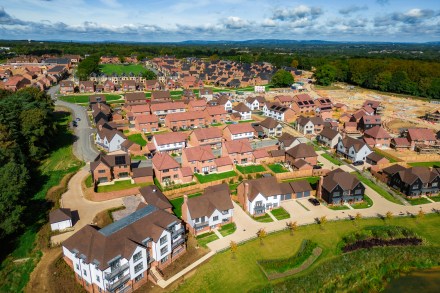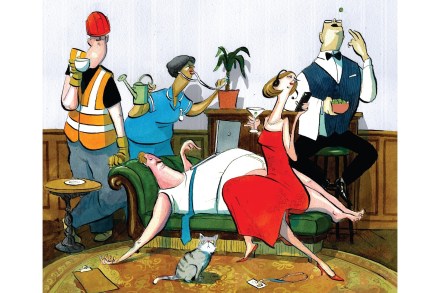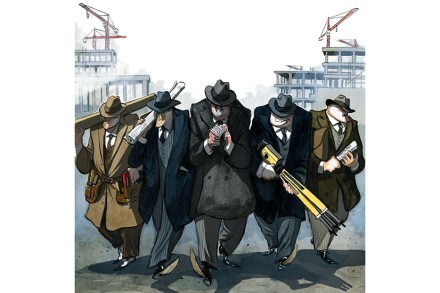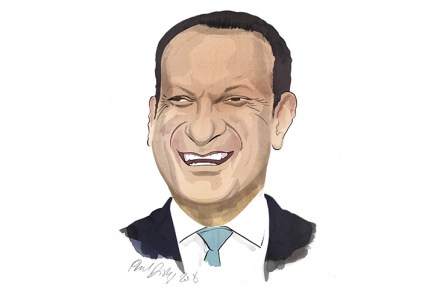Grenfell report: why did it take so long?
16 min listen
Seven years after the tragedy, the inquiry into the Grenfell fire has published its report. What did we learn from it and who bears responsibility? And, with thousands of buildings still believed to contain flammable cladding, what should happen next? With such important lessons to be learnt, why do British inquiries take so long? Also
